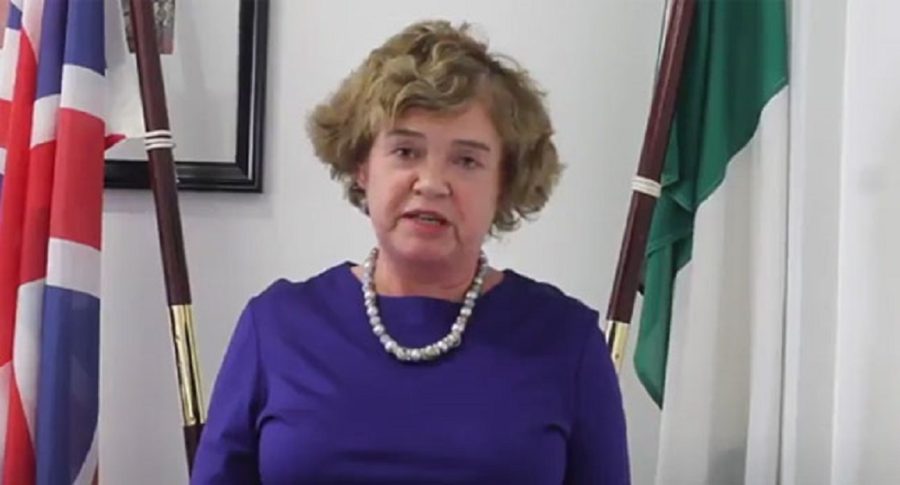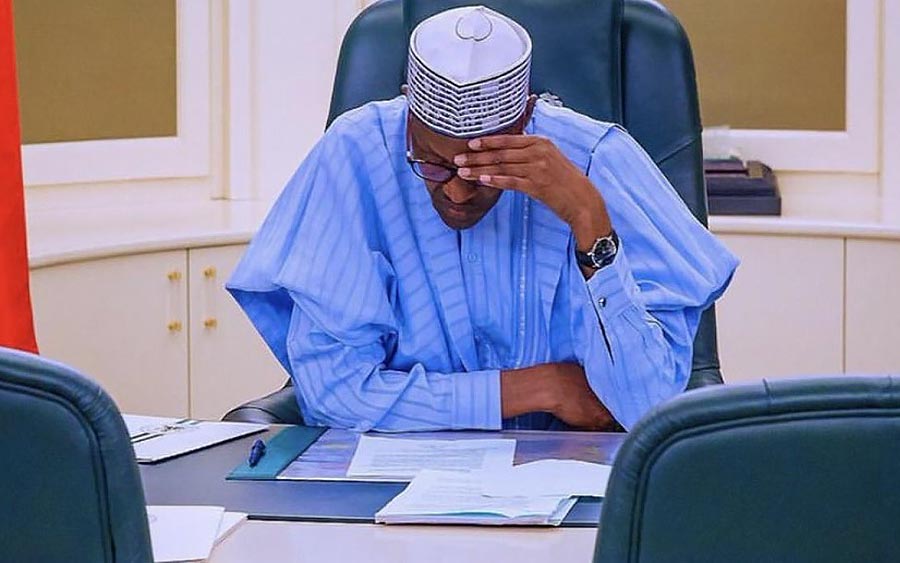The British High Commissioner to Nigeria, Catriona Laing, has advised that Nigeria’s next president should consider removing fuel subsidies in a way that protects poor people.
Disclosing this during an interview with Channels Television, Ms. Laing explained that the removal of fuel subsidies has to be the number one priority of whoever emerges as Nigeria’s next president.
Other priority areas: Laing also highlighted two other priority areas that the next president should act on. She highlighted the tackling of multiple exchange rates because people will not invest in Nigeria if they cannot secure their foreign exchange (ForEx). She also said Nigeria needs to raise taxes to raise revenues and improve public services.
According to her, Nigeria’s next president should be bold enough to take those tough decisions and take them early with courage. She also stated that the next president should focus on the economy as the number one priority because economic challenges are responsible for a large part of the insecurity that Nigerians are facing.
Nigerians’ preparedness to vote: During the interview, Laing expressed confidence in the preparation of Nigerians for the 2023 general elections, especially in the way they have registered and picked up their permanent voters cards (PVCs).
She also said the Independent National Electoral Commission (INEC) has done well with the process of validating Nigerians to vote. Laing encouraged Nigerians not to feel intimidated on election day but to go out in their numbers and vote, so they can choose their leaders.
Challenges await incoming president: She highlighted the fact that the British High Commission is not advocating for any of the candidates. She added that they can work with anyone who emerges victorious because that would be the will of the people.
She, however, said that whoever emerges as president will have to face some challenges around the economy and security.
What you should know: The Federal government has decided that fuel subsidies will be removed by June 2023. However, as a result of arbitrage and distribution challenges, Nigerians have recently started buying fuel at increased costs. Some people pay up to N350 per litre and fuel costs are expected to increase even further after subsidies are removed.
In its November 2022 Public Finance Review report, the World Bank states that Nigeria’s fuel subsidy reduces the oil and gas revenues received by the three tiers of the Nigerian government. The report emphasizes the fact that the fuel subsidy regime is harmful because it distorts incentives, encourages smuggling, and does little to benefit poor households in the country.






















